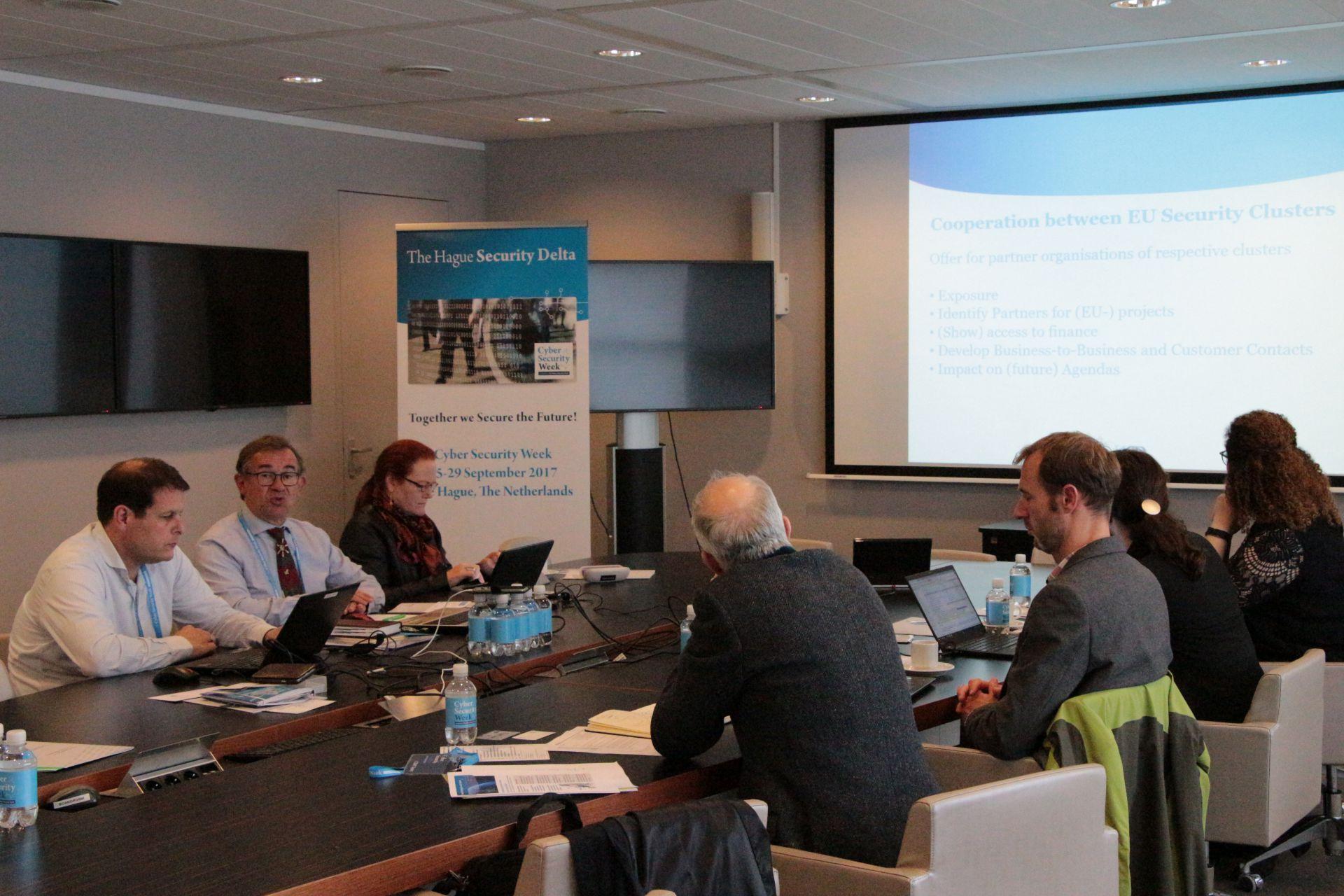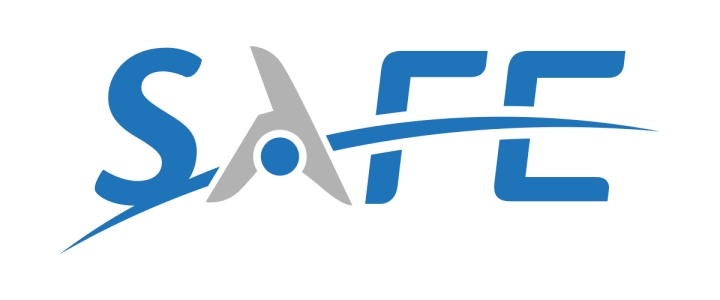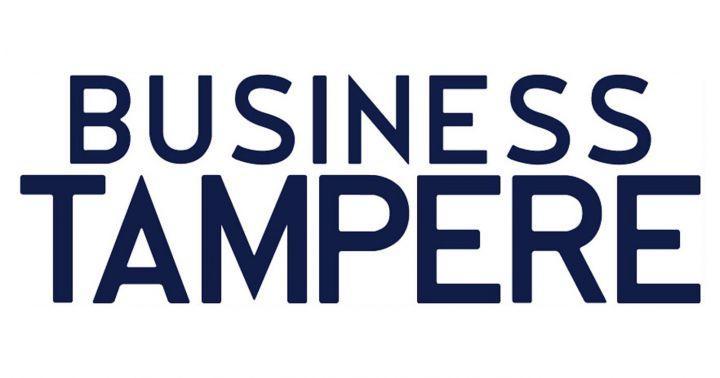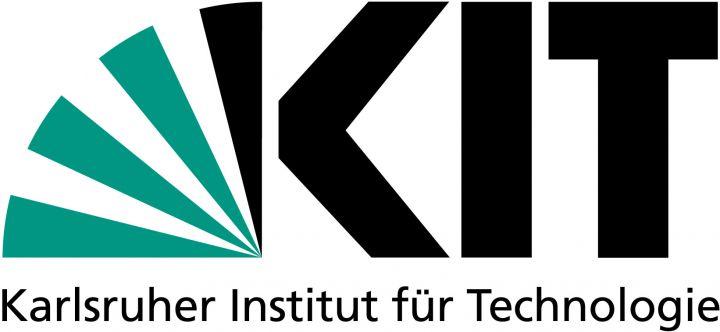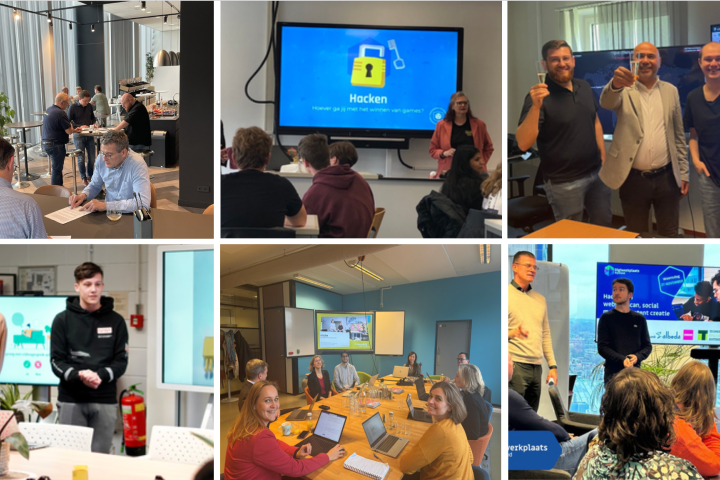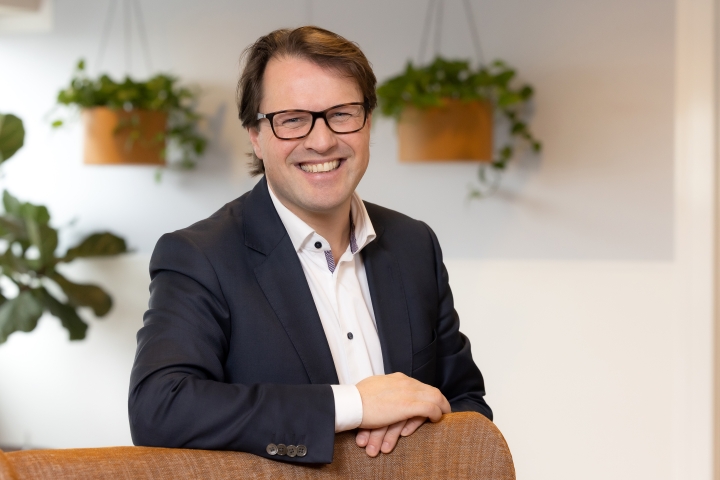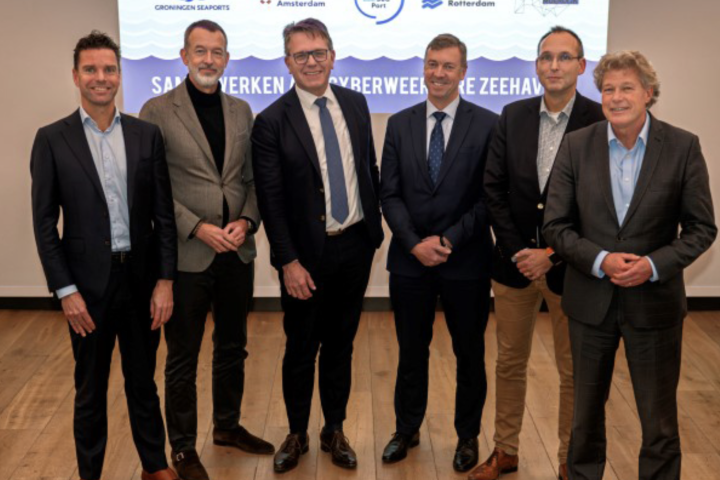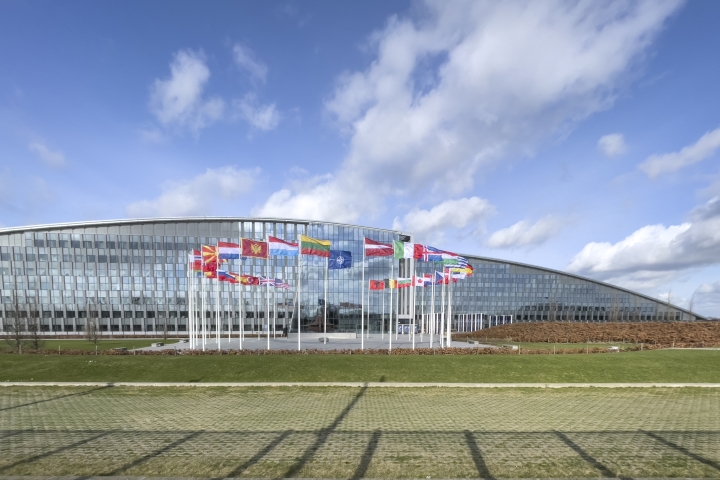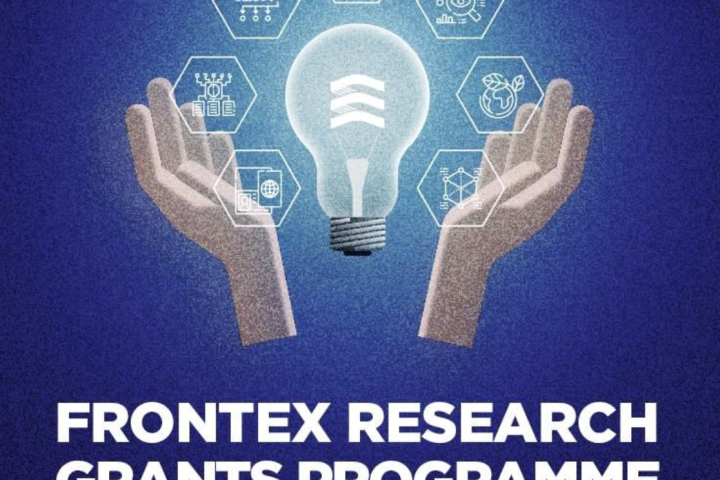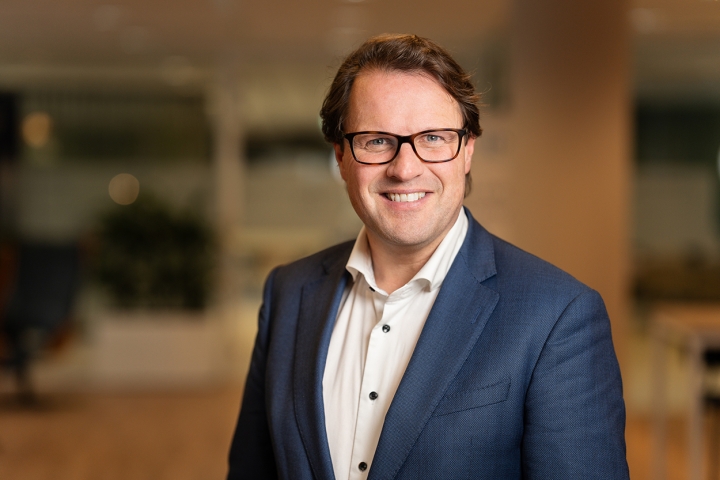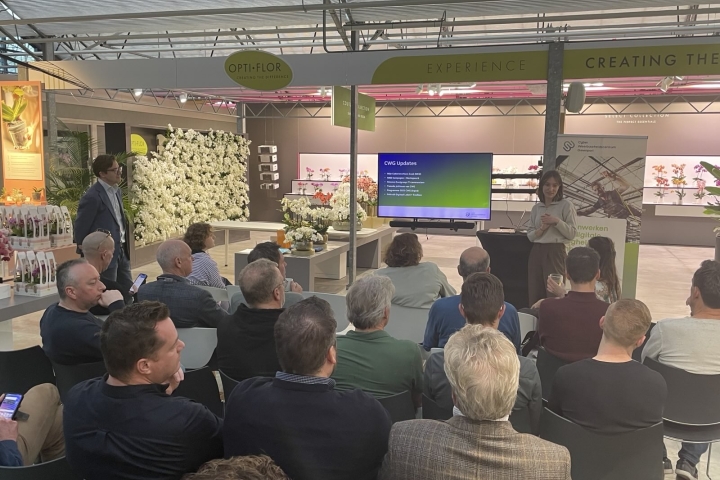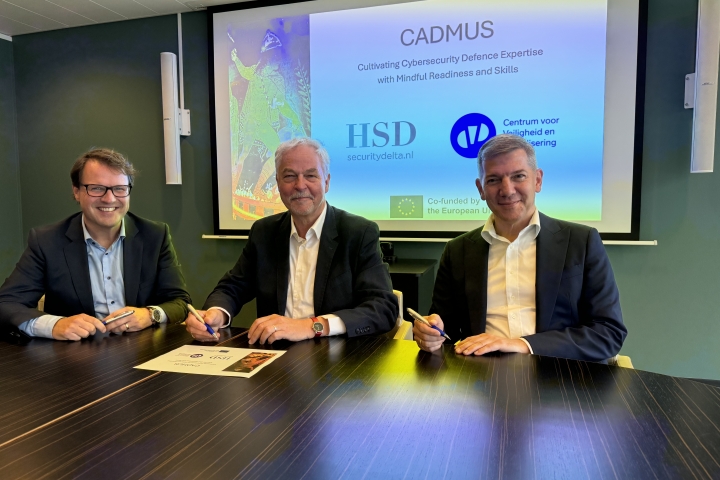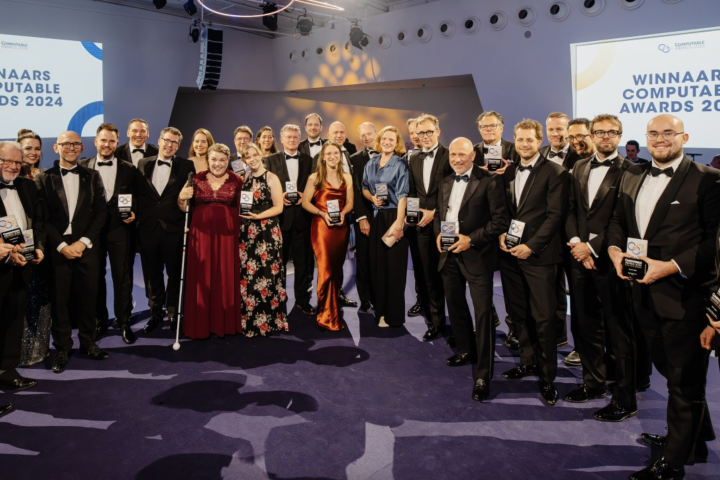EU Security Clusters Face Momentum in Going Forward
This week several leading Security Clusters from Europe (FR, GE, DK, FI and NL) met in The Hague to align their strategies for impact on the European Security innovation Agenda. The clusters cooperate to drive innovation and collaboration between partners from their respective ecosystems. And to align National Innovation with the European agenda. The clusters provide access to markets, funding, personnel, facilities and innovation.
First steps for this cooperation are to exchange respective positions in focus areas in the security domain, areas of expertise, and test and experimentation facilities to find potential for synergy and collaboration. Next steps are to align National and EU Security innovation Agendas and supporting knowhow and innovation infrastructures. This is regarded to be key to identify synergies and boosting collaboration between (triple helix) partners from the various national ecosystems.
Within the (draft) Horizon2020 agenda for 2018/19 the clusters now explore their options for the call to set up Pan-European networks of innovation clusters to establish and maintain capabilities and facilities and coordinate future developments to plan for- and share expertise and facilities and workbenches, in close alignment with end-users and practitioners.
About European Security Clusters
Several regional security clusters have emerged across Europe. The Hague Security Delta (HSD together with the Twente Safety and Security network) from the Netherlands has taken the initiative to initiate cooperation with a number of these clusters: France (PACA Region – SAFE Cluster and SCS Cluster), Denmark (Karup Denmark– CenSec), Finland (Tampere Region – Safety and Security Cluster) and Germany (Karlsruhe – KIT, Munich – Security Cluster).
Businesses, knowledge institutions, and governments are strengthening one another by combining regional forces within a triple helix organisation. The strength of this cooperation structure lies in the way universities generate new knowledge and insights, businesses use these to develop new products and services, while public authorities (local and national) are responsible for policy making and for the demand side for end-users and practitioners. The businesses that are often represented in the security clusters are SMEs, the driving force for job creation in the European economy.
The innovation strategies of the Member States all focus on valorising knowledge through innovative collaboration between SMEs, knowledge institutions, and government. By joining forces the aim of these seven leading security clusters is to effectively and efficiently create solutions to the security challenges of the 21st century, driven by excellent know-how and with economic value for its stakeholders.




